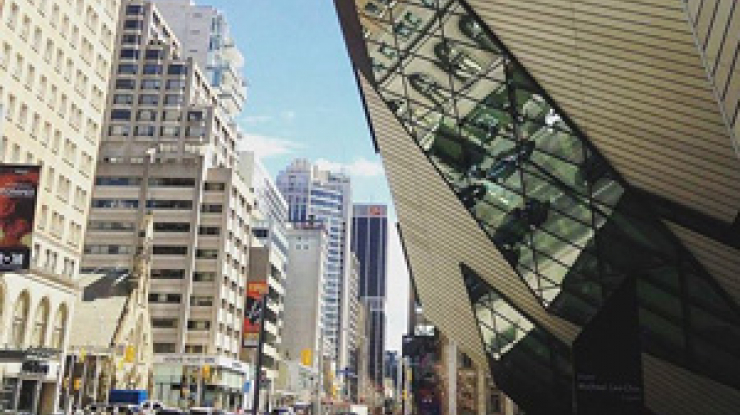
Envisaging a new Royal Ontario Museum Discovery Center
The Royal Ontario Museum has a long (more than 50 years) of offering hands-on, discovery-based learning for families. With its new commitment to honoring reconciliation with Canada’s First Nations, and a renewed emphasis on Interdisciplinarity, they hope to reinvent this space for a 2024 re-opening.
An ILI team, led by Judith Koke, was asked to develop the foundational principles on which the design will be based, including a literature review and exemplars of best practices. The five key principles that serve as the philosophical approach are:
Playful Learning: self-directed by the family, supporting active discovery and experimentation on the part of the family members and allowing spontaneity and open-ended activity that is more about process and learning to learn than about acquiring knowledge and skills.
Honor Reconciliation Explicitly: Indigenous worldviews are strongly land-based and interdisciplinary. Museums often organize offerings by internal categories that are content-related (i.e. Paleontology, Asian Art, etc.) and stem from 19th and 20th century pedagogies. Current education best practices align with Indigenous worldviews and work to transcend these silos and move to an interdisciplinary approach that achieves more holistic perspectives.
Effective Facilitation: Family-learning research underscores the tremendous benefit of social interaction with individuals trained to facilitate family learning successfully. The importance of recognizing and respecting the (possibly different) goals of the family is crucial and requires the support of well-prepared facilitators.
Compelling Exchanges and Storytelling: Storytelling is critical to how we develop both our identities (individual, family, and community) and our understanding of the world. They communicate knowledge, but also emotion, creativity, spirituality, and values. Creating an exchange between museum and community stories is essential.
Design for Community Participation: Sharing authority with community groups of all kinds (cultural groups, age groups, interest groups) underscores the importance of diverse world views and builds the connections needed.
FINAL REPORT: ROM Report_PBLS_March19_FINAL
Project Team: Judith Koke, Lynn Dierking, Debbie Siegel, and Marcel Robitaille
